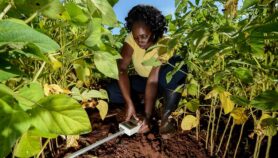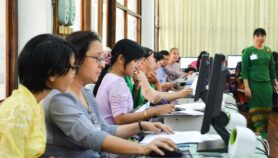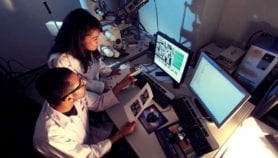By: Katie Mantell
Send to a friend
The details you provide on this page will not be used to send unsolicited email, and will not be sold to a 3rd party. See privacy policy.
Many African institutions are not taking full advantage of programmes that provide free or reduced-price access to scientific literature in the developing world, according to new research.
A survey by the UK-based International Network for the Availability of Scientific Publications (INASP) suggests that several factors are inhibiting take-up of the schemes. One problem is that some schemes overlap with others or are not communicated well, while other schemes have not fully taken local needs into account.
Many such programmes have been established in response to a growing awareness that high subscription rates for scientific journals are preventing scientists and health workers in poor countries from accessing vital information.
The Health InterNetwork Access to Research Initiative (HINARI), for example, provides institutions in some poor countries with free or reduced-price online access to more than 2,000 leading biomedical journals. Another initiative, the e-Journals Delivery Service, distributes scientific articles via email to scientists who do not have sufficient bandwidth to quickly download material from the Internet or cannot afford the connection.
“There is a need for more co-operation between different groups,” says Sara Gwynn, programme officer at INASP, who presented the survey results to African librarians at a workshop in Accra, Ghana, last month. “In some areas such as medicine there are 16 different programmes available, but people don’t know about them. There is a gap between what is available and what people are aware of.”
Gwynn says that several of the programmes are already considering working together to improve their ability to address the needs of librarians and scientists in developing countries. “It is a very auspicious time, because everyone is talking about collaborating,” she says.
For more information and for copies of the survey, contact Sara Gwynn by emailing [email protected].













